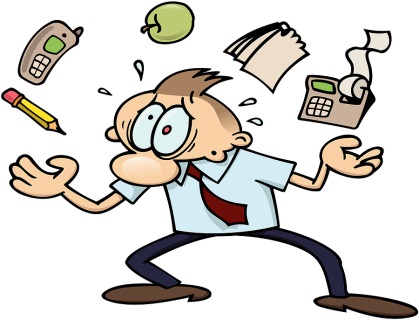You are trying to do what appears to be a simple task – for example fastening two metal objects together with a nut and screw. However, each time you think they are aligned and you attempt to tighten them, the screw or nut moves or falls. After several frustrating efforts, you yell and pound your fist, perhaps even cursing the “stupid” object. Your body is experiencing angry sensations, but the deeper root is the feeling of helplessness.
Feeling inadequate or helpless is a common root of anger. Every human experiences these uncomfortable feelings, especially while interacting with others. Pause a moment and check if you can relate to any of these typical situations:
- not succeeding in making your child accomplish some task
- trying to help your child complete homework
- communicating with someone who is not listening or understanding you
- explaining directions for some activity and the person is not comprehending
- attempting to defend your point of view while the others disbelieve your sincerity
These are just a few examples of many situations that trigger helpless feelings.
I have observed that the most frequent source of anger in men is when they feel helpless, especially in intimate relationships. Female partners may be able to express their feelings and successfully verbalize their perspectives. However, men often are not capable of identifying and verbalizing feelings. Men feel inadequate, especially when criticized by women. But a man does not say to his partner, “Right now I feel helpless or overwhelmed. I need some time or help.” Instead, men are likely to explode in rage and threaten with aggression. Such angry outbursts are desperate attempts to keep from feeling the pain of helplessness. Unfortunately, the hostile outburst frightens others, igniting more anger and everyone suffers.
One of the greatest challenges of life is to admit and accept feelings of inadequacy. Yet feeling helpless is a fundamental experience of being human. To acknowledge and own our feelings of inadequacy is an important step in managing anger effectively. The next time you feel angry, try to take a deep breath or two and ask yourself, “Am I feeling helpless or inadequate in the moment?” Instead of blaming the other person or object, acknowledge aloud to yourself and others that you feel inadequate and need help. It can powerfully and almost immediately change the entire dynamic. It may open the door for effective problem solving together.
Perhaps the words of the Psalmist can help us:
Quiet down before God, be prayerful before Him….Bridle your anger, trash your wrath, cool your pipes – it only makes things worse. (Psalm 37:7-8, MESSAGE)

